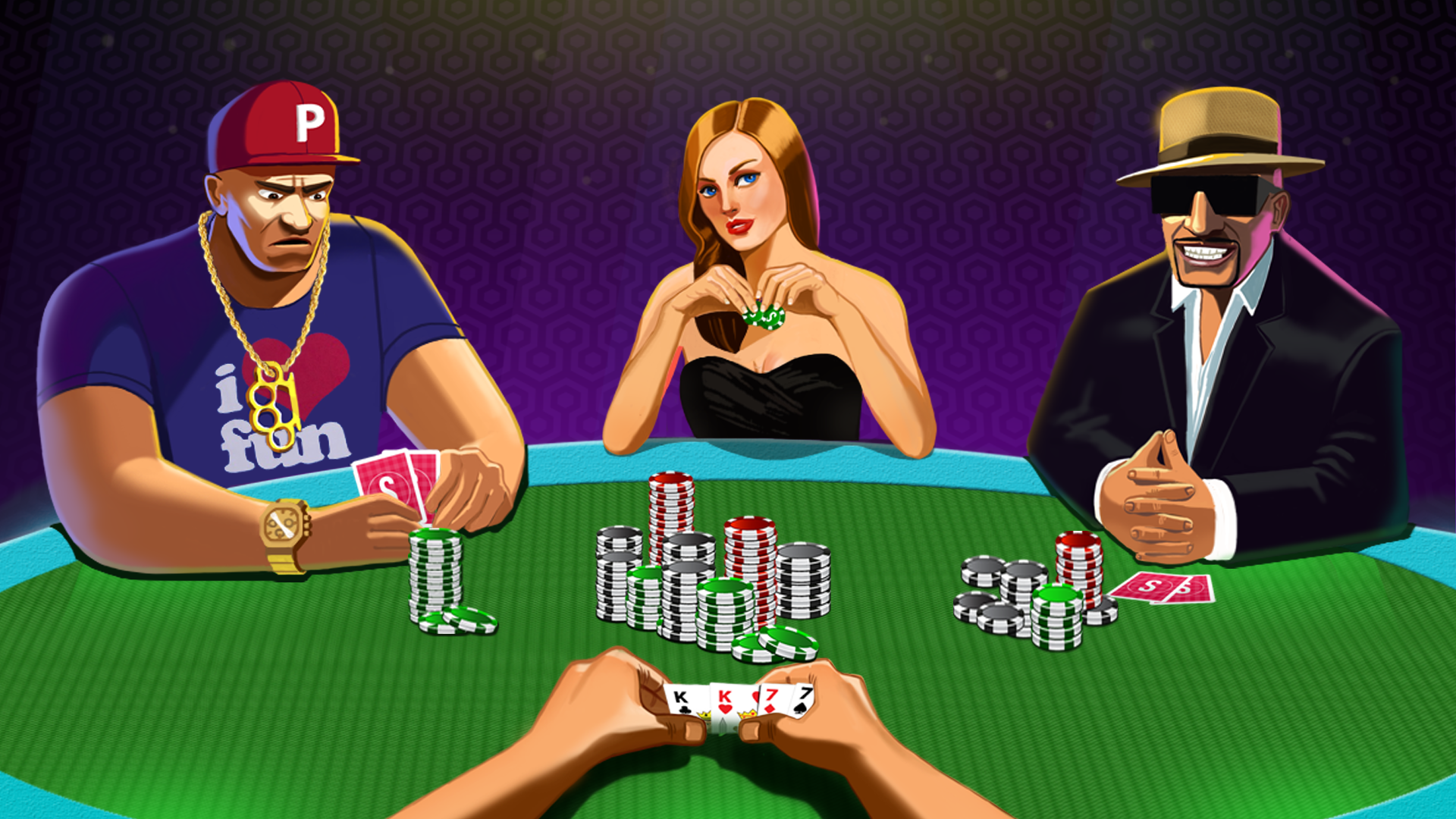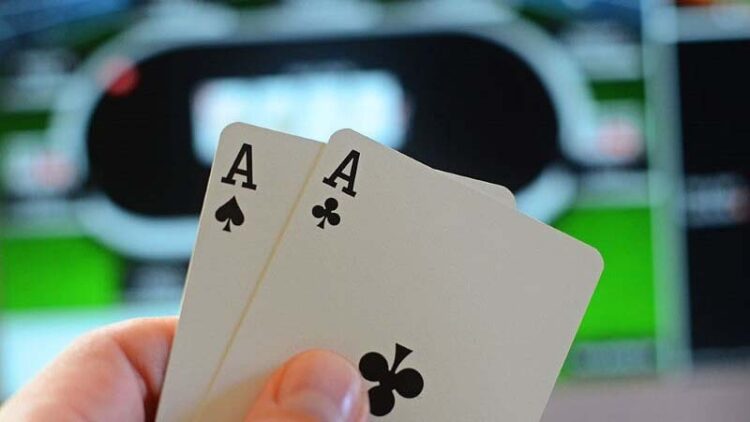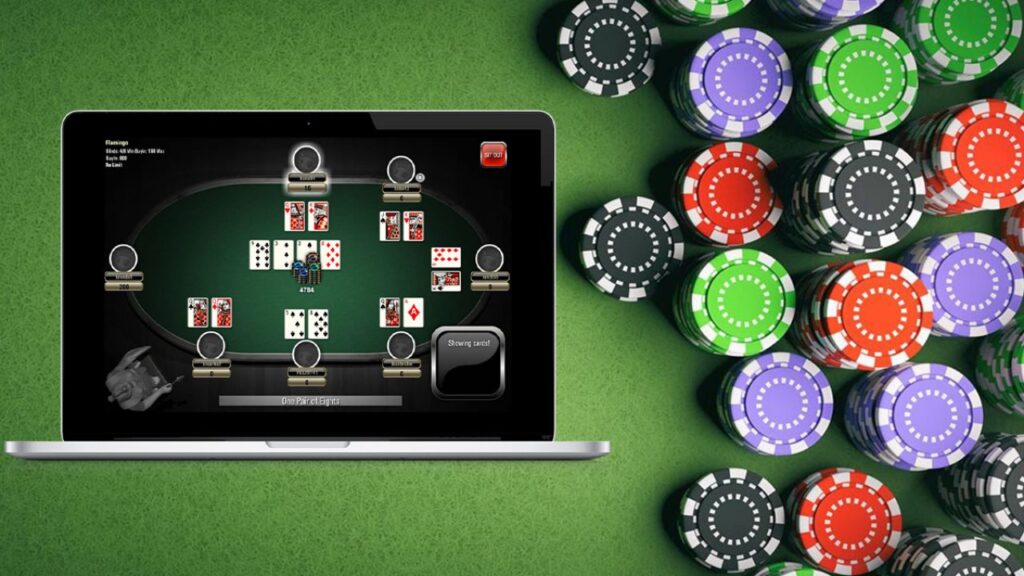Poker Psychology Online: Unmasking Bluffs and Leveraging Player Tells

Understanding the psychological aspects of poker, especially in the digital realm, is critical for players who want to gain an edge.
Online poker presents unique challenges compared to traditional table games, as physical tells are absent. However, this does not mean that online poker is devoid of psychological elements.
Digital Tells: Timing and Betting Patterns
In the absence of physical cues, timing becomes a crucial tell. A quick bet often indicates a strong hand, whereas a delayed response might suggest uncertainty or a bluff.
Additionally, betting patterns can be revealing. Players who consistently raise or fold under certain conditions are likely providing insight into their hand’s strength or their overall strategy.
Player Chat and Behavioral Analysis
The chat box in online poker games is often overlooked as a source of tells. How players interact, the language they use, and their overall demeanor can offer clues about their confidence level and hand strength.
Analyzing a player’s behavior over multiple games can also reveal patterns in their bluffing tactics and general gameplay.
Strategies for Bluffing and Counter-Bluffing

Bluffing is an integral part of poker, and mastering it in the online environment, such as on platforms like Jet77, requires understanding the nuances of digital gameplay.
The key is not just in executing bluffs but also in recognizing and countering your opponents’ bluffs. On a site like Jet77, where a variety of players converge, this skill becomes even more crucial, as the range of bluffing techniques can vary widely.
Mastering the Art of the Bluff
Effective bluffing online involves more than just deception. It requires a deep understanding of your opponents’ perceptions and strategies.
Bluffing at the right moment, when it aligns with your observed betting patterns, increases the likelihood of success. Consistency in your gameplay, coupled with well-timed deviations, can keep opponents guessing.
Recognizing and Responding to Bluffs
Recognizing bluffs in online poker hinges on pattern recognition and understanding player psychology. Players who bluff often may show inconsistencies in their betting patterns or exhibit changes in their chat behavior.
Counter-bluffing involves not only identifying these moments but also strategically responding, either by calling bluffs or adjusting your gameplay to exploit these tendencies.
Navigating the Psychological Landscape of Online Poker

The psychological landscape of online poker is intricate and challenging. It’s a game of skill where understanding the mindset of your opponents can be as crucial as the quality of your hand.
Developing a keen sense of observation and strategic acumen is vital to navigating this complex terrain.
Building a Mental Game Plan
A successful online poker player not only focuses on physical gameplay but also invests in building a strong mental game plan. This involves maintaining emotional control, developing a keen sense of observation, and adapting strategies based on the mental state of your opponents.
It’s about staying one step ahead, not just in terms of cards and bets, but in anticipating and responding to the psychological strategies of your adversaries.
Check out our article on the latest technological advancements in online poker and see how you can use it in your favor, securing more wins and a better overall strategy.
Conclusion
Poker psychology, particularly in online settings, is a complex and fascinating aspect of the game. It combines keen observation, strategic thinking, and an understanding of human behavior.
By mastering the art of reading digital tells and employing effective bluffing strategies, players can significantly enhance their game. Remember, in online poker, the psychological battle is as important as the cards you’re dealt.




